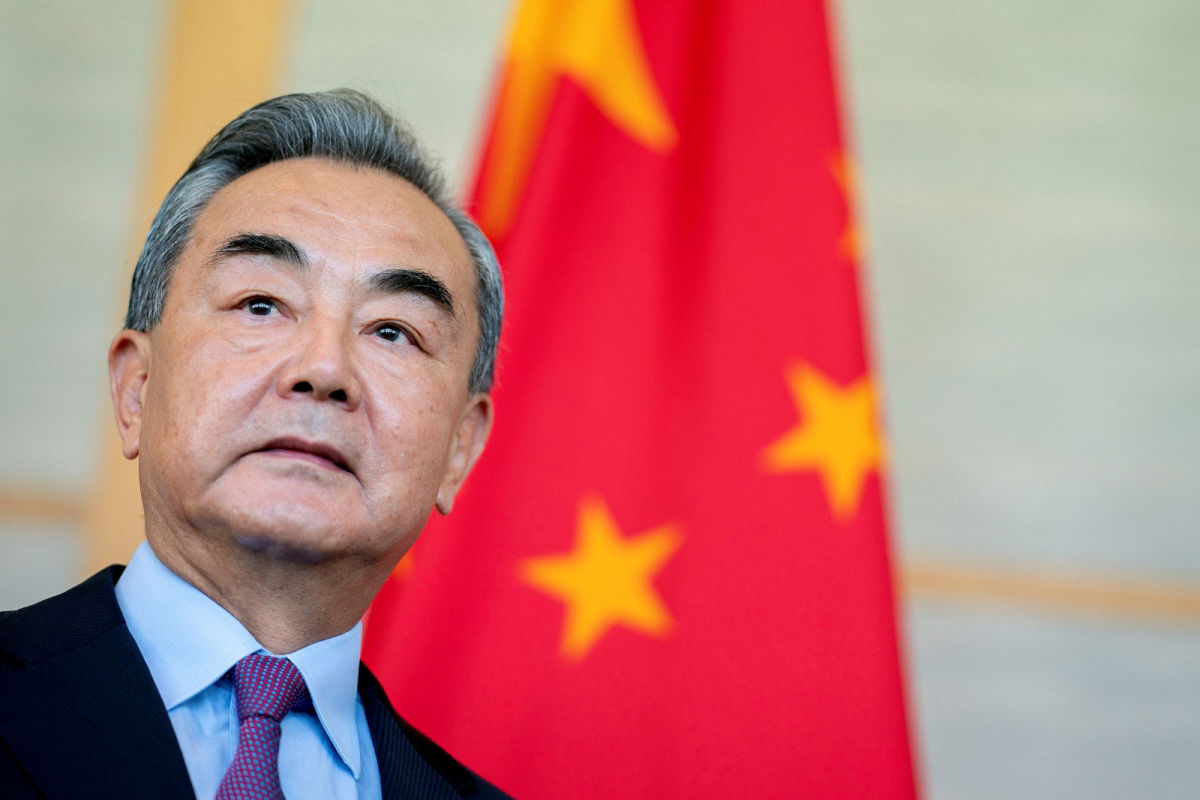


In a year-end review of Beijing’s diplomacy in 2022, Chinese foreign minister Wang Yi on Sunday said that China is ready to work with India towards achieving “sound growth” of bilateral ties. He also said, “China and India have maintained communication through the diplomatic and military-to-military channels, and both countries are committed to upholding stability in the border areas.” Many analysts are viewing these words as the Chinese Foreign Minister’s offer of peace to India, given Beijing being neck-deep in trouble as a result of massive Covid-19 surge in China. Some say that Wang Yi’s statements “showing intention” to mend ties with India are, in fact, the part of Beijing’s strategy to pacify growing anti-China sentiments in India, which have the potential to damage its business interests here. But the biggest question is whether China can be trusted at all. Should India give a positive response to the “proposal” that has come from Wang Yi to repair and improve ties between India and China? With Beijing still not showing any intention to do anything that could reduce tension along the Line of Actual Control (LAC), should New Delhi go ahead with any proposal aimed at restoring normal diplomatic ties with China? In view of the Chinese track-record of resorting to unfair and unprincipled conducts, it is not advisable for India to take any step forward towards restoring normal diplomatic ties with China. New Delhi should think of giving a positive response to Wang Yi’s statements only if they are backed by actions on the ground. Entire global community and New Delhi are aware that violation of international law and rules based order is the hallmark of China’s foreign policy. So, what India must be waiting for is Beijing’s actions to reduce tension at LAC so that it can be taken seriously in future.
Significantly, Wang Yi’s statements have come weeks after Chinese troops attempted to transgress the Line of Actual Control (LAC) at Yangtse in Tawang sector and were pushed back by Indian soldiers. Wang’s statement has also come amid the dragging India-China border row, which erupted in eastern Ladakh in 2020. Needless to say, India-China ties have plunged to their lowest in decades since May 2020. With all these developments in the background, India must categorically reiterate that until China restores the status quo ante of April 2020 in eastern Ladakh, there cannot be any efforts in the direction of restoring normal ties between the two countries. Similarly, India must reiterate its position that Tawang is non-negotiable for New Delhi and that Beijing must dismantle all infrastructure that it has raised illegally in border areas in violation of written bilateral pacts.
Some foreign policy watchers are right in raising the question why there were clashes in Tawang if China really intended to grow ties with India in a positive way. With this being the case, the situation cannot revert to normal until Beijing returns to the status quo ante as of April 2020. India will believe only Chinese actions and not merely words that have been expressed by Foreign Minister Wang Yi. On the one hand, Yi is seeking normalisation of relations with India, and on the other hand, People’s Liberation Army (PLA) is keeping India preoccupied with the border standoffs. The developments triggered mistrust and suspicion not only between the two armies but between India and China. The 17th round of army commander-level talks held last week did not yield much, with China understandably refusing to relent. There was little indication of any forward movement from the joint statement that was issued after the meeting. With China continuing to be adamant on border issues, how can Wang Yi’s words be believed and trusted? What is, therefore, advisable is that India must be very cautious while dealing with China despite the words from Wang Yi who is seeking to signal positivity in terms of mending ties with India. What is worth noting here in this context is that External Affairs Minister S Jaishankar has, on many occasions, made it clear that India’s relationship with China cannot be normal unless there is peace in the border areas. Jaishankar has also said that peace and tranquillity in the border areas remain the basis for normal ties between India and China. Perhaps, these statements from Jaishnankar on various occasions in the past must serve as a significant reminder to the Chinese foreign minister who is seeking to normalise ties with New Delhi.